JPMorgan has completed a landmark blockchain transaction using public infrastructure, marking a shift from its traditional private network model.
Background
- JPMorgan Chase, the largest U.S. bank, has long built and maintained a private blockchain network for its institutional clients, commonly referred to as a “walled garden” approach.
- For the first time, however, JPMorgan has executed a blockchain-based transaction that reaches beyond its private environment.
- In early May, the bank’s blockchain division, Kinexys, used Chainlink’s interoperability protocol to settle the purchase of tokenized U.S. Treasuries, hosted on Ondo Finance’s public blockchain infrastructure.
- This transaction involved transferring funds between accounts on JPMorgan’s private chain and settling the asset leg on Ondo’s public ledger, effectively bridging the two ecosystems.
- Tokenized treasuries represent real-world assets, like money market funds, made tradable via blockchain, an emerging niche in digital finance.
Why should you pay attention?
- This marks JPMorgan’s first real production-level integration with a public blockchain, suggesting growing institutional trust in decentralized systems.
- Chainlink’s role as a secure bridge between private and public chains points to increased adoption of blockchain interoperability tools.
- As tokenized real-world assets gain traction, major financial players are beginning to test how to move capital efficiently across traditional and decentralized systems.
- The move could set a precedent for how other large institutions approach public blockchain infrastructure and RWA settlement.
Who said what?
- Nelli Zaltsman, Head of Platform Settlement at Kinexys, emphasized that this move wasn’t just a proof-of-concept but a meaningful step in JPMorgan’s broader roadmap: “This is not just another POC.”
- Sergey Nazarov, Chainlink cofounder, called the event “the beginning of something big,” suggesting a path toward scalable, interoperable finance. He added the integration was already on track for production deployment.
- Zaltsman also confirmed that planning for this integration had been in the works for over two years, independent of current U.S. political shifts or market hype.
Zooming out
- JPMorgan’s public blockchain move comes during a wave of renewed institutional interest in crypto amid friendlier U.S. policies under the Trump administration.
- Firms like Fidelity, Morgan Stanley, and BlackRock are all expanding their crypto-related product lines, including stablecoins and tokenized assets.
- While JPMorgan’s integration wasn’t politically motivated, it aligns with broader trends which is that traditional finance is now actively exploring decentralized rails.
- This shift could mark a new phase of convergence between Wall Street and Web3, where public blockchain infrastructure becomes an essential part of enterprise settlement systems.




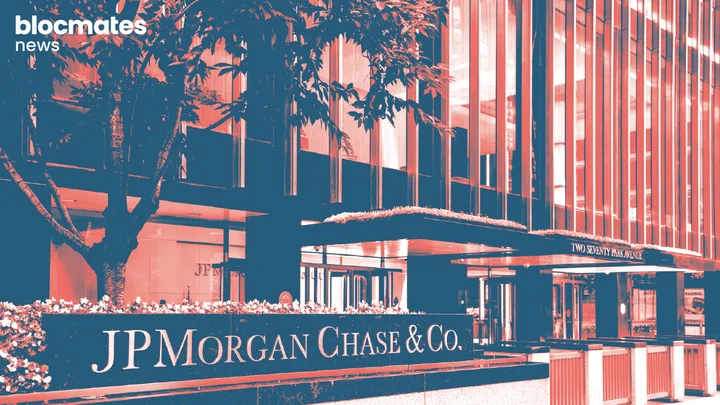





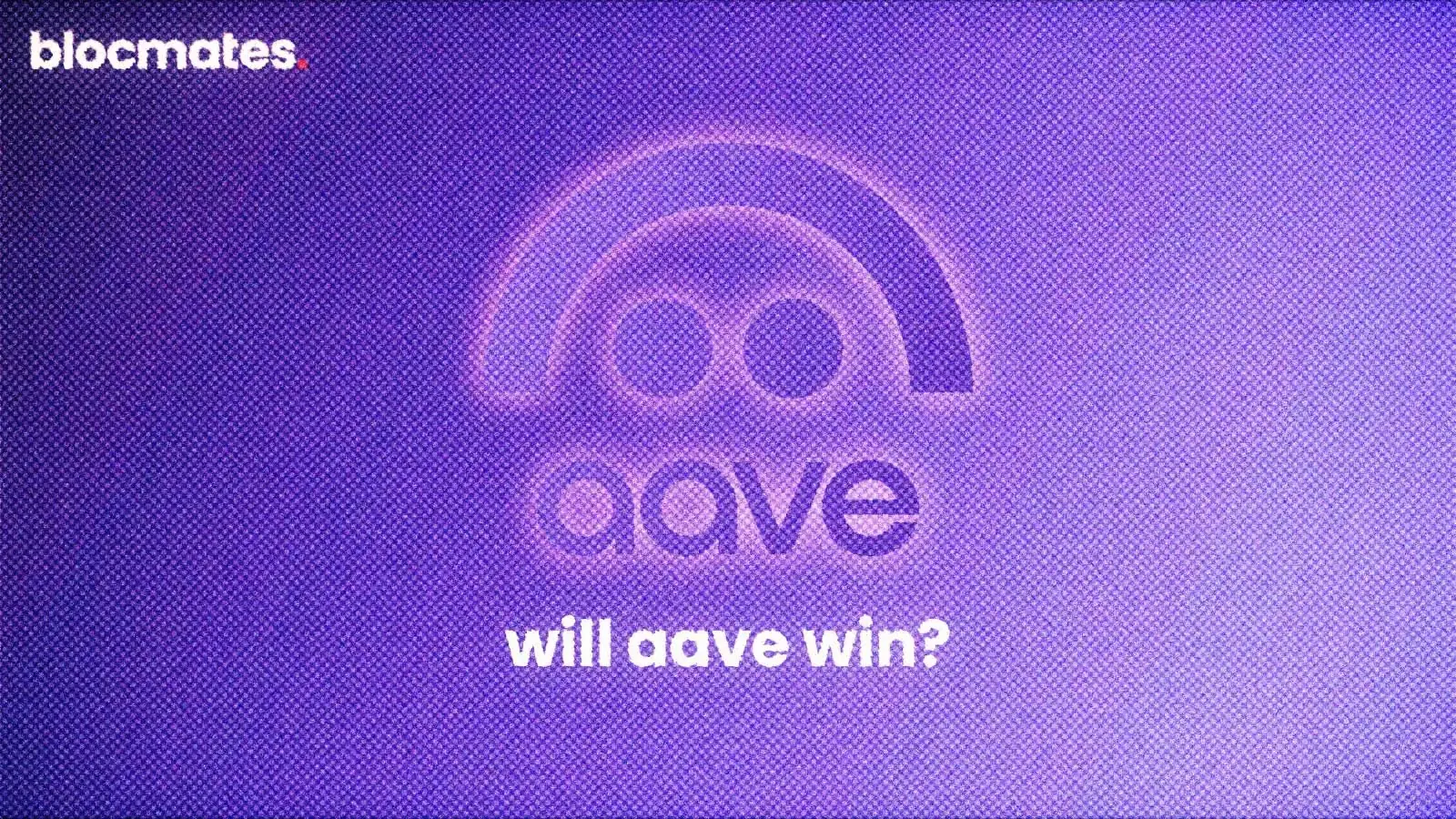
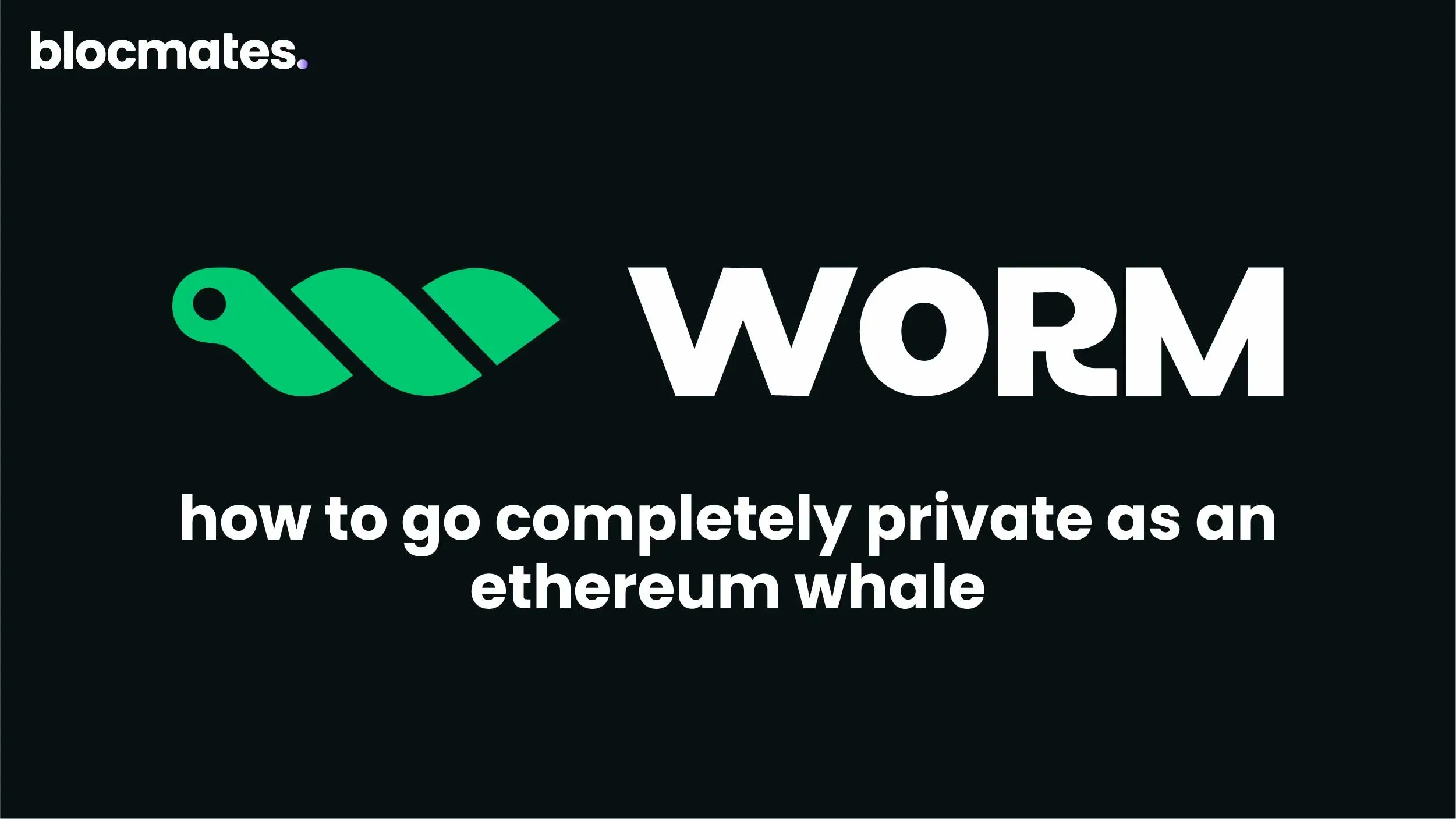
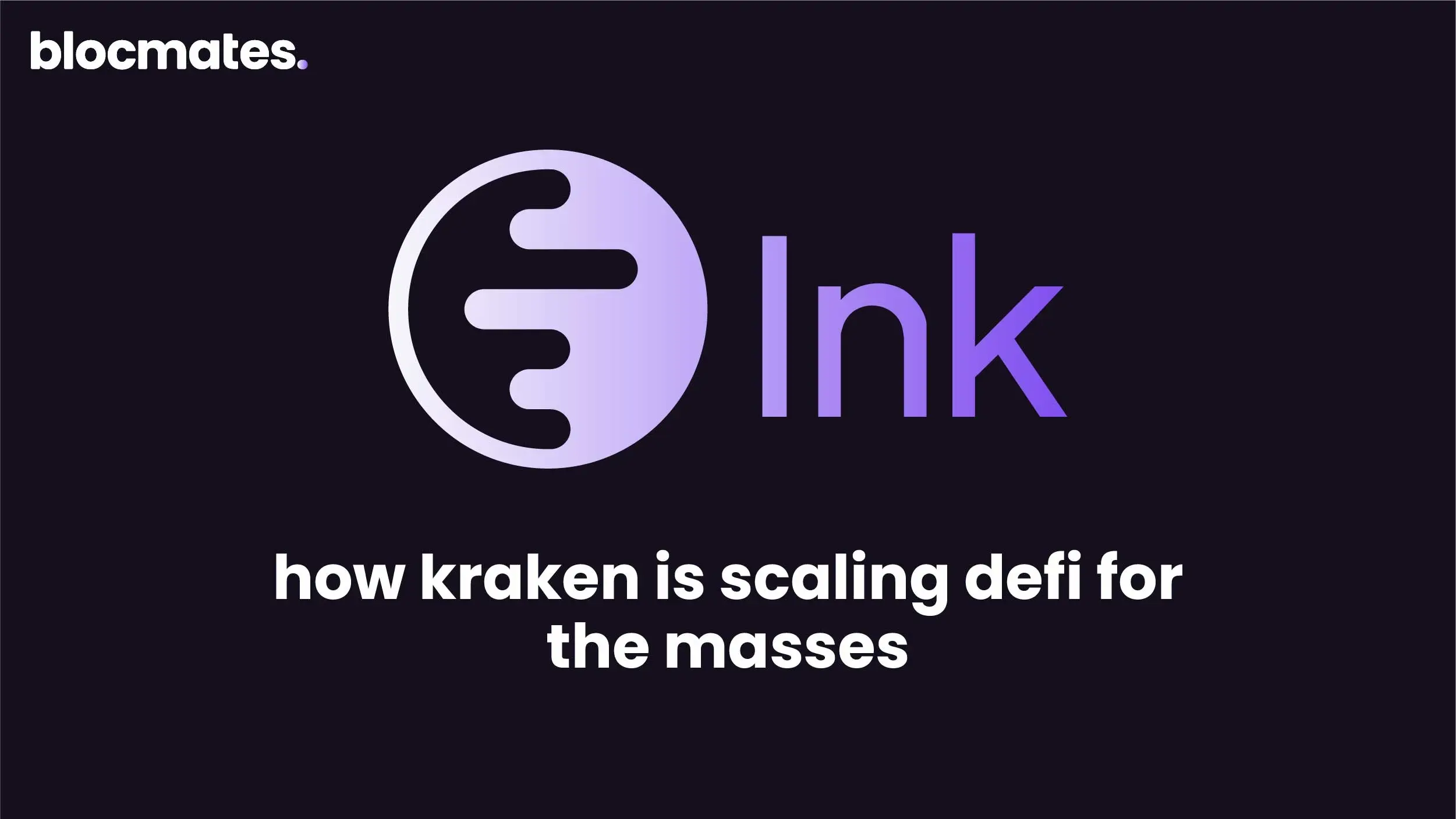
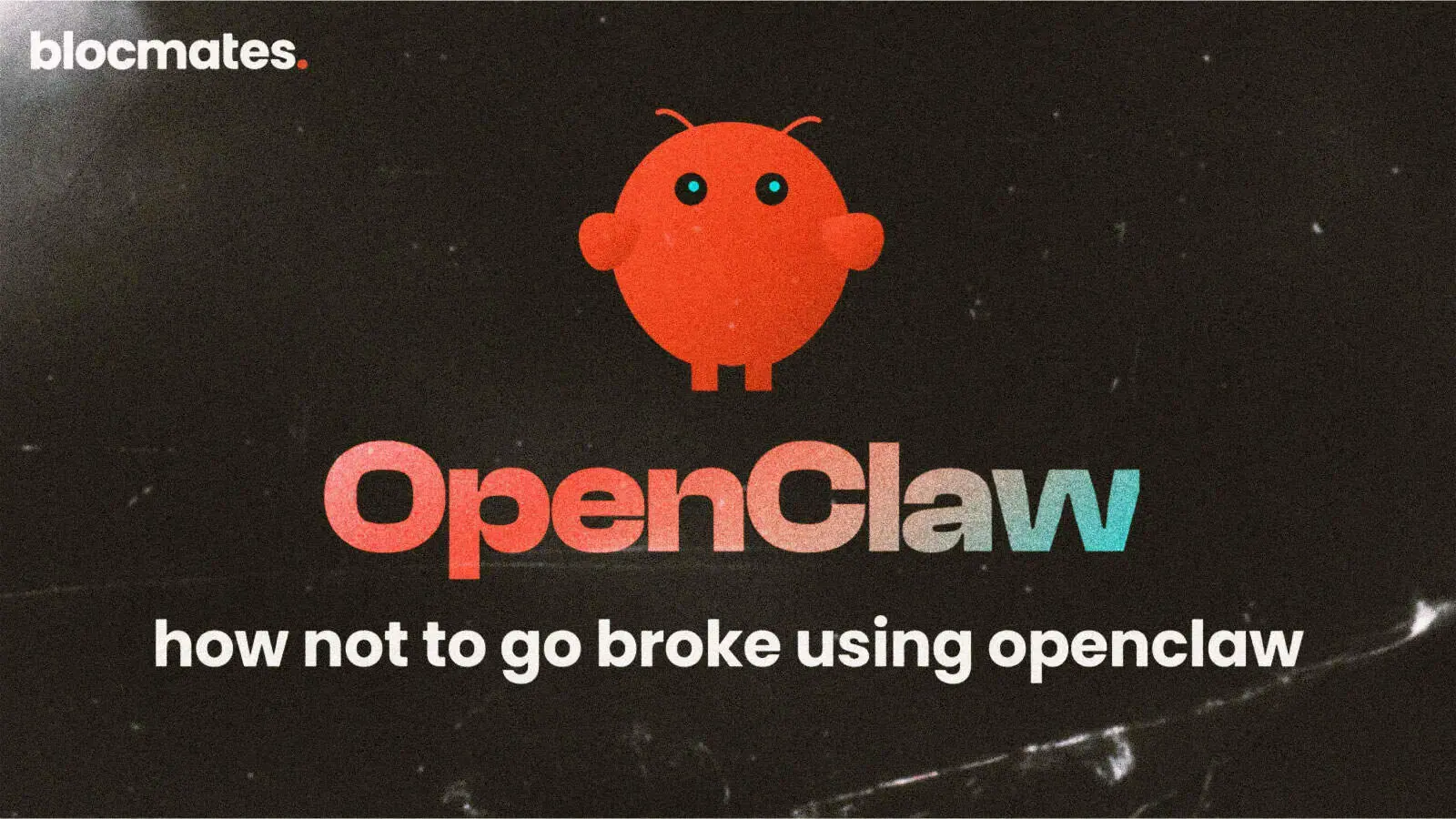
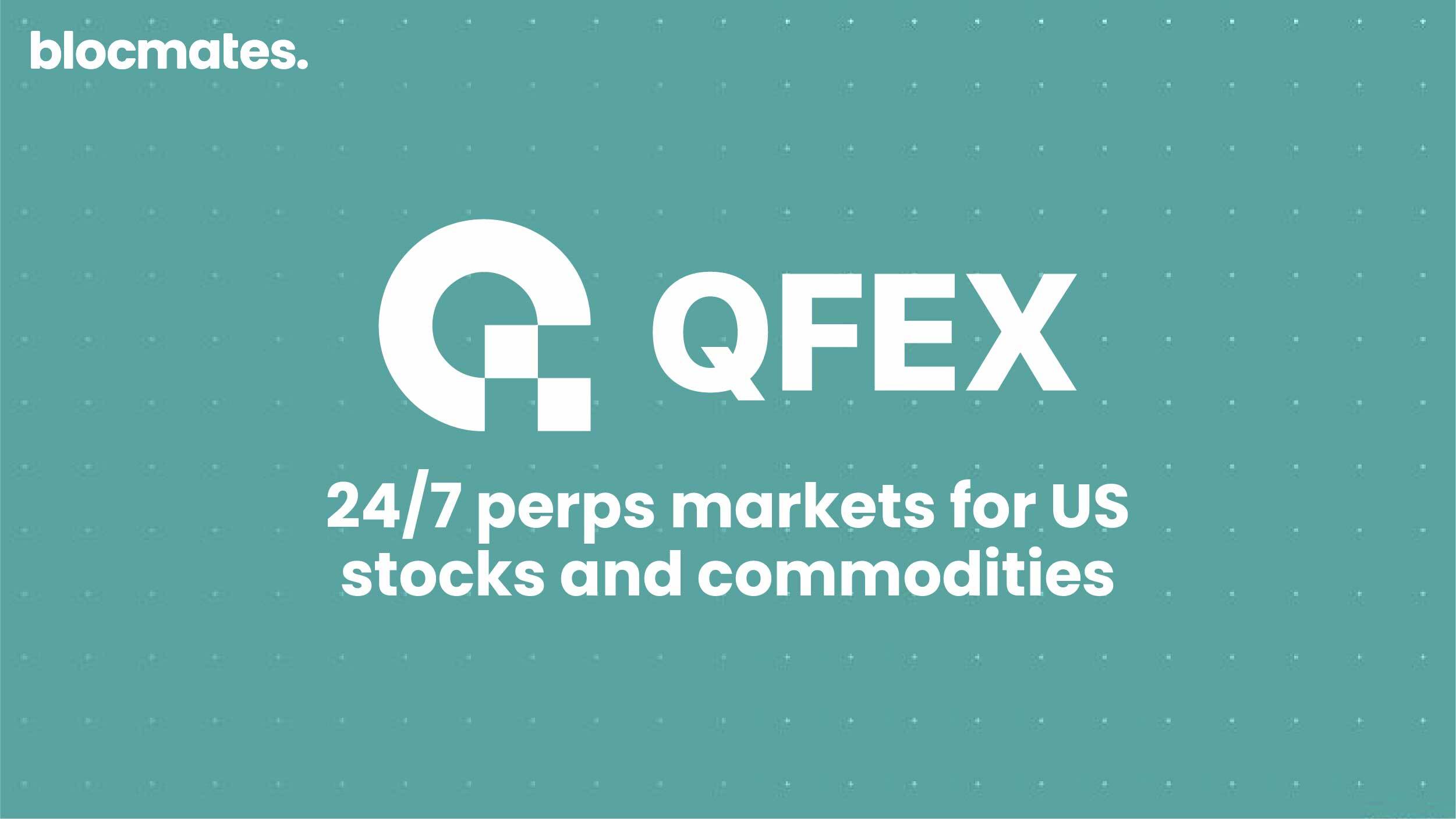
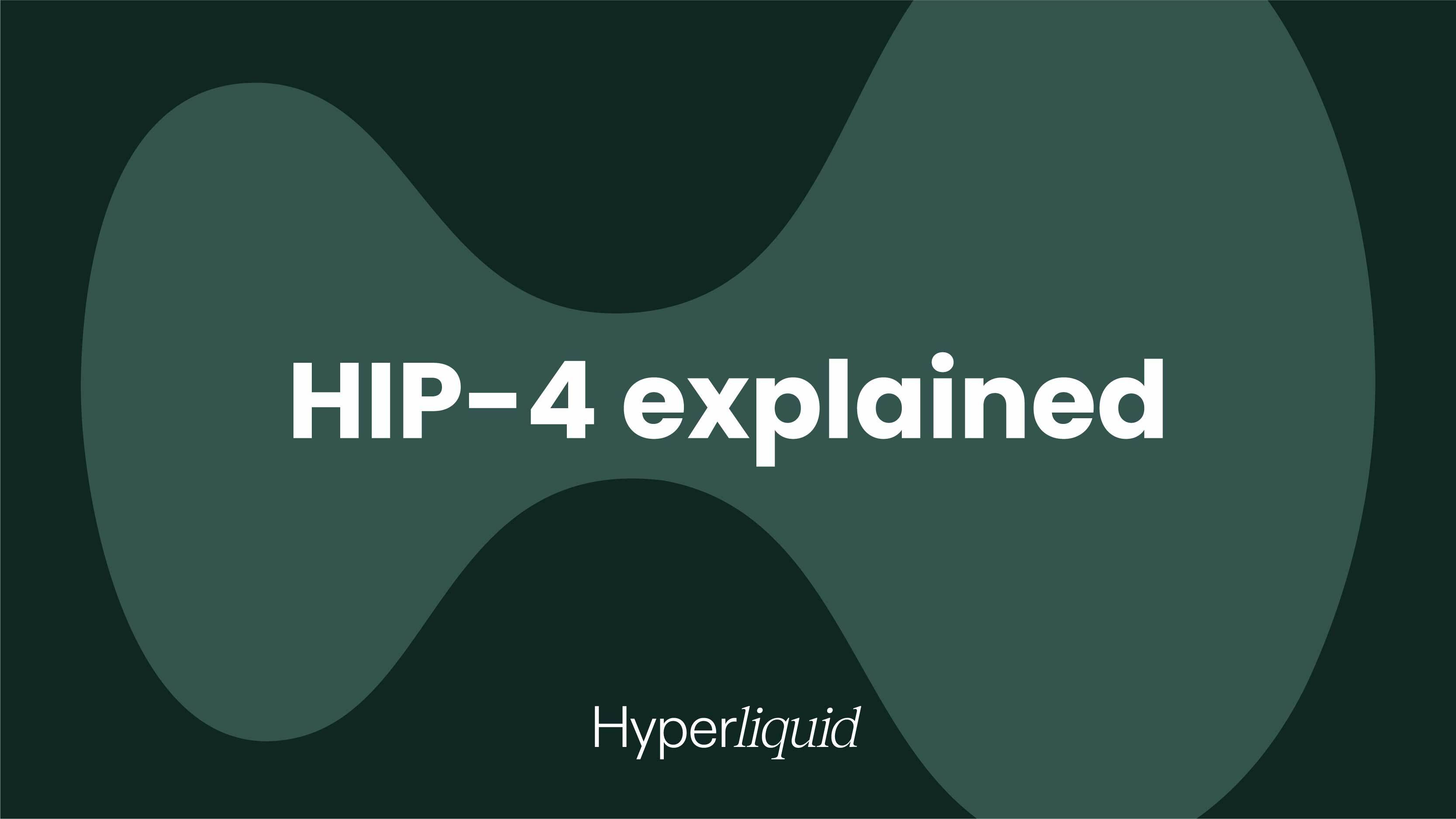


















.webp)

.webp)
.webp)

%20(1).webp)



























































%202.webp)


.webp)

.webp)
.webp)
.webp)


.webp)
.webp)

.webp)
.webp)
.webp)


.webp)
.webp)










.webp)


.webp)









.webp)







.webp)




.webp)


























.webp)







.webp)















.webp)

.webp)
.webp)

.webp)














.webp)

.webp)


.webp)








.webp)




